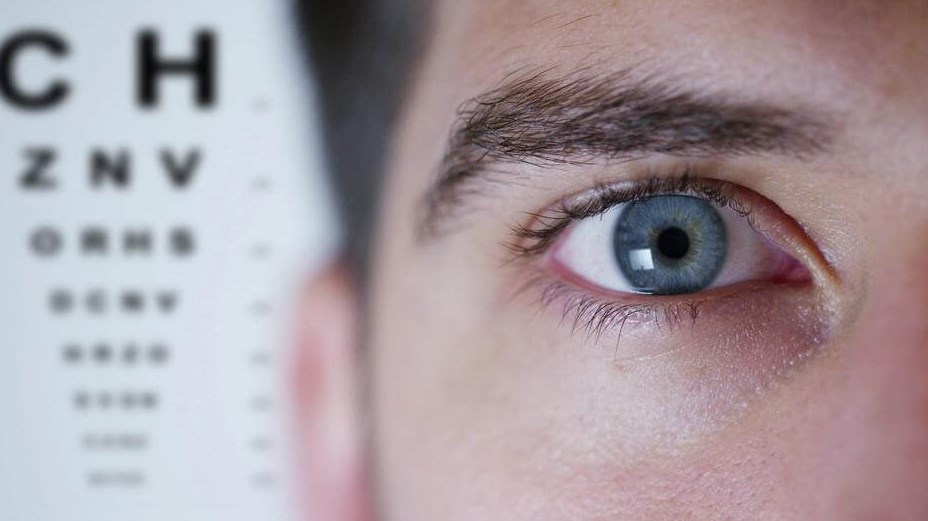Farsighted Vs Nearsighted Vision
Many vision problems are caused by farsightedness or nearsightedness. Nearsighted means that you can see things that are close with clarity, while farsightedness means you can see objects farther away with clarity. Our eye doctor at SPEX can provide glasses or contact lenses to help with either condition.
How to Tell if You Are Nearsighted or Farsighted
If you would like to know if you have either of these conditions before visiting an optometrist, test to see which objects in your view are the blurriest. Try reading a book. Are the words blurry? If so, you may be farsighted. Now, look at a street sign or something 10 feet away. Can you see it clearly? If you are unable to, you could be nearsighted. It is also possible to be both farsighted and nearsighted.
Nearsightedness
Nearsightedness is also known as myopia. When you are nearsighted, you have a refractive error and the light is unable to properly focus on your retina. This has to do with the shape of your eye. You can be born with this condition or the shape of your eye can change as you grow. Myopia can also be caused by environmental issues, such as mobile phones or the excessive use of computer screens. The main symptom is blurriness when looking at objects in the distance, such as when you are driving.
Farsightedness
Also known as hyperopia, farsightedness is caused by the eye shape. Typically, you may have farsightedness when the cornea is flat or the eyeball is shorter. Those who are farsighted can have trouble reading and also experience pain around the eyes, headaches associated with tasks that require up-close focus and squinting.
Visit Our Optometry Clinic in Seattle, WA
Both nearsightedness and farsightedness can be helped with the right eye care. Our eye doctor will test your vision and determine what is causing your vision issues. Dr. Campbell will prescribe corrective lenses or contact lenses. Both glasses and contacts help your eye properly refract light. Call our team at SPEX today to schedule an appointment with Dr. Campbell.
&srotate=0)